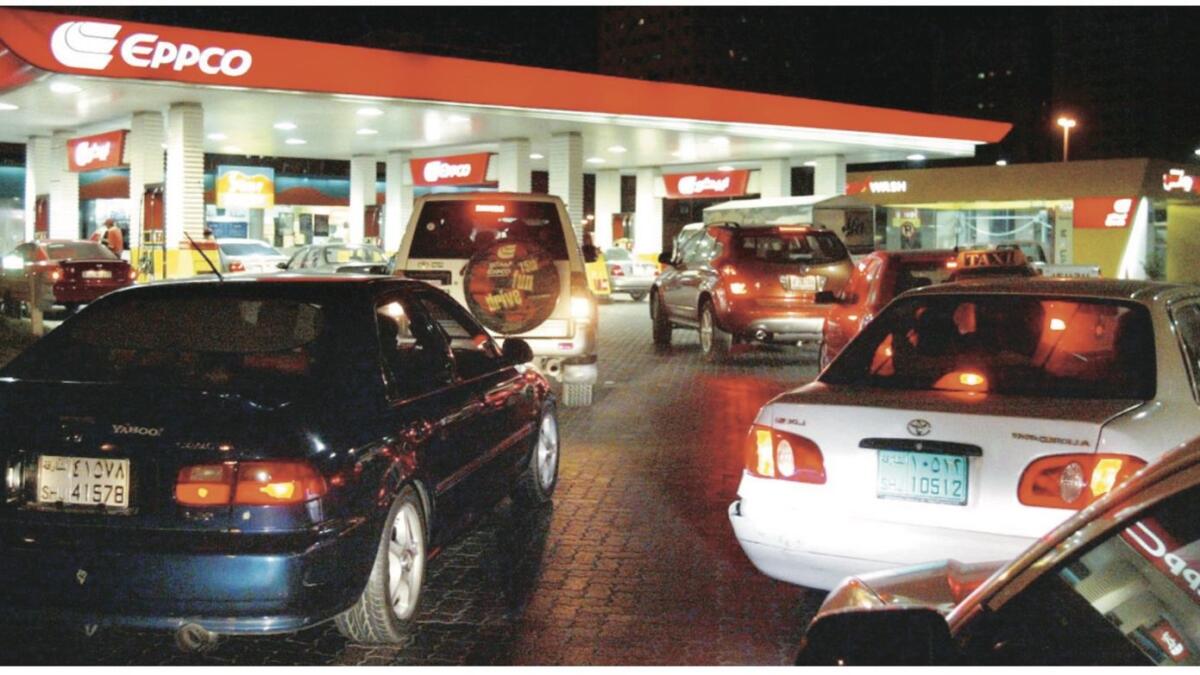The year was 2005, and a significant change in petrol prices caused chaos at petrol stations across the UAE. Before the stroke of midnight on September 1, motorists rushed to beat the impending petrol price hike. The price of petrol had previously been so cheap that it was not a significant factor in the monthly budget for most families, but that was about to change. The price of petrol was set to increase by 30 per cent to Dh1.50 per litre due to a global increase in crude oil prices.
The increase in petrol prices sparked a wave of reactions from residents across the UAE. Sultan Al Banki, a Bahraini visitor to Dubai, expressed disbelief over the steep increase, questioning why oil-producing countries in the Middle East had to pay such high rates for petrol. Another resident, Manwar Ahmed, shared concerns about the additional financial burden and the impact it would have on his social life. Khalid Hussain, a Dubai resident, highlighted the strain the petrol price hike would put on middle-class families already struggling with rent increases and rising costs of essential commodities.
The ripple effect of the petrol price hike was also a concern for many, as one unnamed resident pointed out the potential impact on the low-income group. Mohammed Salim, a manager at the time, noted that the international increase in petrol prices would inevitably affect consumers the most. However, he also acknowledged that petrol prices in the UAE were still relatively cheaper compared to other countries. Despite the challenges posed by the petrol price hike, some residents remained hopeful that the impact would be mitigated in the long run.
Ten years later, in August 2015, the UAE took a significant step towards deregulating retail fuel rates. This move marked a shift in the way petrol prices were determined, with monthly revisions being made to align with global prices. The deregulation of petrol prices signified a shift towards a more market-driven approach, allowing petrol prices to fluctuate based on global market conditions. This change aimed to ensure a fair and transparent pricing mechanism for petrol in the UAE.
The deregulation of petrol prices in the UAE represented a significant shift in the country’s approach to determining petrol prices. By aligning petrol prices with global market conditions, the UAE aimed to create a more dynamic pricing mechanism that could respond to changing global trends. This move towards deregulation signaled a departure from the fixed pricing structure that had been in place for years, allowing for greater flexibility in adjusting petrol prices based on market conditions.
In conclusion, the petrol price hike in 2005 served as a wake-up call for residents in the UAE, highlighting the vulnerability of petrol prices to global market forces. The subsequent deregulation of petrol prices in 2015 marked a significant shift in the country’s approach to determining petrol prices, allowing for greater flexibility and transparency in setting petrol prices. Despite the challenges posed by the petrol price hike, residents in the UAE remain optimistic about the future of petrol pricing and the government’s commitment to a fair and competitive market for petrol.










